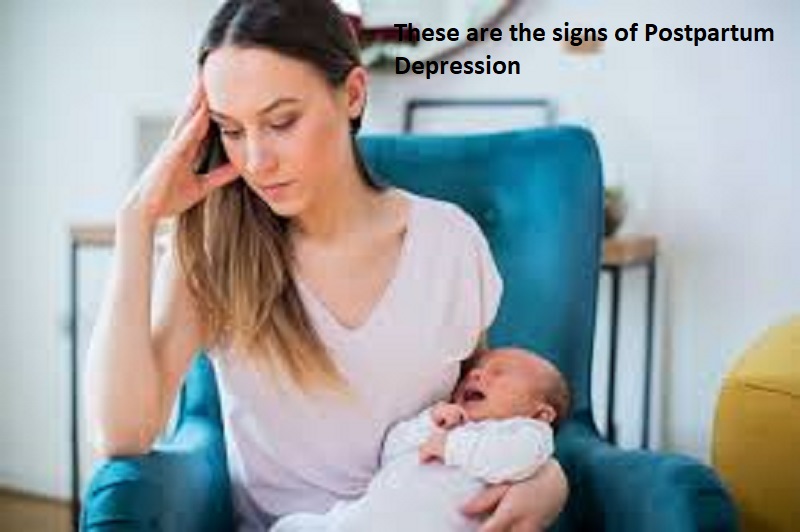
Postpartum depression is increasing among women in our society. Postpartum means ‘the time after childbirth’. Most women feel ‘baby blues’ after delivery. Baby blues is feeling sad or empty, within a few days of giving birth. As per studies, about 1 out of every 10 of these women will develop a more severe and longer-lasting depression after delivery. About 1 in 1,000 women develop a more serious condition called postpartum psychosis.
Postpartum depression (PPD) is a complex mix of physical, emotional, and behavioral changes that happen in some women after giving birth. It is a form of major depression that begins within 4 weeks after delivery.
PPD is linked to chemical, social, and psychological changes that happen when having a baby. The term describes a range of physical and emotional changes that many new mothers experience. PPD can be treated with medication and counseling.
Also Read: These yoga poses will help to get relief from acidity
Postpartum Depression Signs and Symptoms:
Trouble sleeping
Appetite changes
Severe fatigue
Lower libido
Frequent mood changes
With PPD, these come along with other symptoms of major depression, which aren’t typical after childbirth, and may include:
Being uninterested in baby or feeling like not bonding with them
Crying all the time, often for no reason
Depressed mood
Severe anger and crankiness
Loss of pleasure
Feelings of worthlessness, hopelessness, and helplessness
Thoughts of death or suicide
Thoughts of hurting someone else
Trouble concentrating or making decisions

Post Your Comments